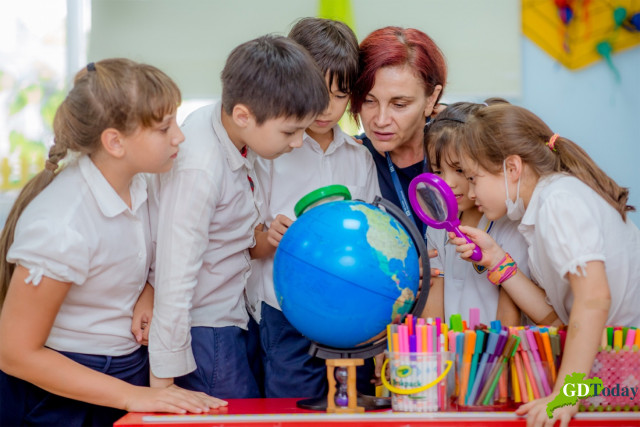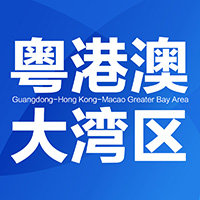The Guangzhou Municipal Education Bureau issued its first special plan for the internationalization of education—the 14th Five-Year Plan for the Opening-up of Education in Guangzhou—in December 2021.
As one of the six sub-plans of the "14th Five-Year Plan for the Development of Education in Guangzhou", the plan will serve as a programmatic document to build Guangzhou into an international education demonstration zone in the Guangdong-Hong Kong-Macao Greater Bay Area.

Implement three projects to realize education internationalization
The city will implement three major projects to form a new and comprehensive opening of Guangzhou's education, according to the plan. They are the improvement of foreign-related school's running capacity, the opening of overseas vocational colleges, and the construction of international education demonstration schools.
In terms of foreign-related school's running capacity, the plan proposes to add a fresh batch of Chinese-foreign cooperatively-run schools and projects in higher education and senior high schools, and increase schools for foreign children and non-governmental schools with international characteristics. The government is also developing the Measures for Administration of Schools for the Children of Foreign Personnel in Guangzhou (tentative name).
When it comes to open vocational colleges abroad, the plan puts forward strategies to build a special and typical brand of Guangzhou's overseas vocational schools. And specifically, Guangzhou will focus on supporting the Guangzhou Railway Polytechnic's overseas school-running project in Malaysia, the Luban Workshop project in Egypt, the Guangzhou Panyu Polytechnic's overseas jewelry branches in Thailand and Pakistan, overseas finance and economics branch in Laos, and the Guangzhou Vocational School of Tourism & Business's Chinese Food and Tea Art Workshop project in Portugal.
Finally, the city will select primary and secondary schools with prominent international elements in campus and culture, rich experiences in international exchanges and cooperation as well as high level teaching to build into international education demonstration schools. Every year, 15 to 20 schools (including public and private) will be selected. By 2025, the city will cultivate and create no less than 50 municipal-level international education demonstration schools.

Set up nine indicators to measure internationalization of education in Guangzhou
The plan has set up nine indicators to measure the development of internationalization of education in Guangzhou.
The nine indicators include the number of international students, Hong Kong, Macao and Taiwan students, the Chinese-foreign (including Chinese mainland, Hong Kong and Macao) cooperatively-run institutions and projects, the international education demonstration schools, the schools for children of foreign personnel as well as Hong Kong and Macao children, the private schools with international characteristics, the international and Hong Kong, Macao and Taiwan sister schools, the construction of scientific research platforms with overseas institutions, the member schools of the International Sister City University Alliance, as well as the proportion of university teachers with overseas study or work experience.
At present, Guangzhou's Sino-foreign cooperation in running schools has been fruitful. Four Sino-foreign education programs and an overseas Confucius Institute have been established in the past five years.
Meanwhile, the supply system for international vocational education has also begun to take shape. A number of overseas vocational training centers and workstations have been built. Schools and enterprises have joined hands to participate in the production capacity cooperation among international communities.
Guangzhou also has a rich supply of international basic education resources. Now a basic education system that is in line with international standards has been initially constructed.
Author: Ariel
Editor: Monica, Jerry

